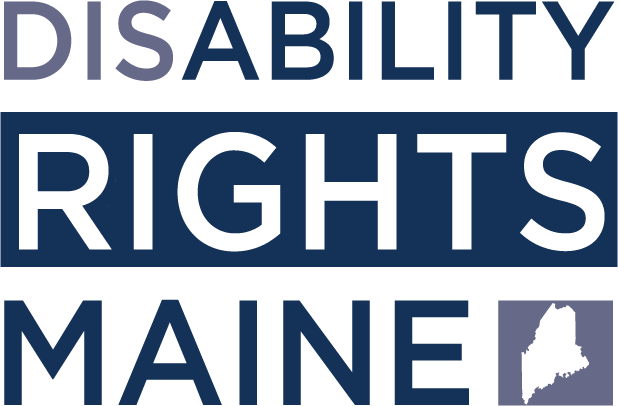Adults make decisions for kids all the time. What time they wake up, what they eat for breakfast, how much TV they can watch, if they can hang out with their friend after school. Almost every aspect of a child’s life is predetermined by the adults providing care for them, whether it’s their parents, teachers, or others. And for children with mental health and developmental disabilities, adults make decisions for them regarding their treatment, usually without any input from the child.
Adults gather in a child’s treatment team meeting to determine the next steps for treatment (i.e residential treatment, discharge, etc), to make changes to medication, and to discuss the progress or lack thereof in treatment. All without asking the child their opinion or thoughts on what should come next or what they think might improve their treatment.
This isn’t because kids don’t have an opinion. As a youth advocate, I speak with plenty of young people who have strong opinions, thoughts, and feelings regarding their treatment. I hear from youth across the state about their opinions on institutionalization, medication, whether their treatment is working, and what they want to see as their next step in treatment. And when I ask these young people if they have been included in their treatment team meetings or if they know what’s in their treatment plan I’m often met with shrugs of indifference. Not because the youth aren’t interested in being included, but because they assume that it isn’t possible. The status quo is that adults make decisions for them and not with them.
Youth involvement in treatment is a right outlined in the Rights of Recipients of Mental Health Services who are Children in Need of Treatment (RRMHS). RRMHS outlines that youth age 14 and older have the right to be fully and actively involved in the development or revision of their treatment plan. RRMHS adds that involvement of younger recipients is on a case by case basis. RRMHS is the floor, not the ceiling. It paves the way for youth inclusion in treatment, but we don’t have to stop at what it outlines, there are numerous ways to involve youth in their treatment and to value their input.
By creating opportunities for a child to voice their opinions on their own life, we are restoring agency and autonomy by providing a positive avenue for a youth to exercise their power and control. And when we listen to a young person, we are proving to them that their voice matters and can have an impact.
Opportunities for youth to have input can be inclusion in team meetings, goal setting, providing their own informed consent for treatment and medication, and a space and time to voice their concerns and questions.
By valuing and uplifting youth voice in treatment, we lay the foundation for self-advocacy, decision making, problem solving, and goal setting, all skills that will further serve them to achieve the best possible treatment outcomes. As adults in children’s lives, we have a responsibility to provide them with opportunities to provide input and feedback and to allow them a choice. And we have a responsibility to really listen to them and prioritize their wants and needs.
DRM actively engages with youth across the state in different settings to teach youth about their rights in treatment, how to self-advocate, how to ask for help, and most importantly, to listen to them. But DRM can’t do this alone. It’s important that providers, parents and caregivers, education staff, and other support networks encourage youth voice by providing opportunities of input and inclusion, and to listen to their feedback. With greater youth inclusion in treatment, we will see better treatment outcomes and youth equipped with lifelong skills to serve them going forward.
Centering Youth Voice In Treatment is a training available in collaboration between Disability Rights Maine and Youth Peer Support Statewide Network (YPSSN) for providers and other support services. This training provides a deeper dive into why youth involvement in treatment is so important and strategies to prioritize it in your work. If you are interested in receiving this training, please reach out to Ariel Linet (ariel.linet@mainehealth.org) at YPSSN or Anna Schmidt (aschmidt@drme.org) at DRM.
